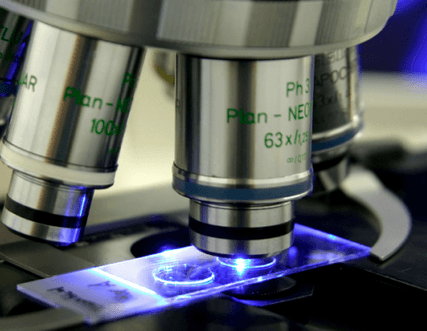Research ethics has made progress in many African countries – Prof Bosompem
 Professor Kwabena M. Bosompem, the Deputy Director of the Noguchi Memorial Institute for Medical Research, has said research ethics has made tremendous progress across the African continent.
Professor Kwabena M. Bosompem, the Deputy Director of the Noguchi Memorial Institute for Medical Research, has said research ethics has made tremendous progress across the African continent.
He said once you consider research ethics in its correct perspectives, you would end up coming with signs that rules at global standards, and once your signs meets global standards, you can be sure that it has become competitive.
Prof Bosompem was speaking at a symposium organised by the Ghana Administrators of Research Ethics Committee (GHAAREC) held under the theme: “Promoting ethical research in Ghana: The role of stakeholders”.
The programme was one of the key activities of GHAAREC for the year 2017 as part of its on-going effort to bring together entities and stakeholders of research ethics to inform, educate and deliberate on matters relating to research ethics in Ghana.
He said the African continent has come to realise that ethics is a driving force, not just for many things but also especially for maintaining standards.
Prof Bosompem said as researchers, their role should be ethical in order to contribute to the socio economic development of the country.
This, he said, was the drive to innovative change which was the solution to the relevant issues in communities, adding that, researchers must be sure that every research conducted has a positive impact on the society.
Madam Helena Baidoo, the President of GHAAREC, said with the upsurge of IRBs in Ghana, it became necessary to form an association that will bring on board the administrators of IRBs for a common goal.
She said this gave birth to GALIB, with its motto as ‘Promoting the well-being of research participants’, adding that, “its mission is to create a platform for networking among members, sensitise the general public to adhere to high ethical research standards and promote professionalism amongst administrators of research ethics committee in the country.”
Madam Baidoo said the symposium was to contribute to the realisation of another major objective of the association, which is to create educational platforms such as seminars, workshops and conferences for IRB members, administrators and stakeholders to stay abreast with relevant issues.
She expressed the hope that GHAAREC in the future would be able to embark on public sensitisation and educational programmes through various forums to create more awareness on research ethics and it relevance to national development.
She also expressed hope that such activities will be sustained through the support and cooperation of the various institutes represented at the symposium.
Dr Kwesi Odoi Agyarko said the four principles of ethics were respect, (Autonomy), doing good (beneficence), non-malfeasance and justice; and that these principles were making things in research better for everybody.
He said: “You cannot build a reputation on what you are going to do, we can talk all the good talk, but the magic of achieving any goal is in the doing. We can sit around and talk about it, plan it meticulously, set up spreadsheets and charts, but unless we actually do something, nothing is going to happen.”
The GHAAREC is an umbrella association that is composed of all Administrators of Institutional Review Boards or Ethical Review Committees in Ghana.
Source: GNA
